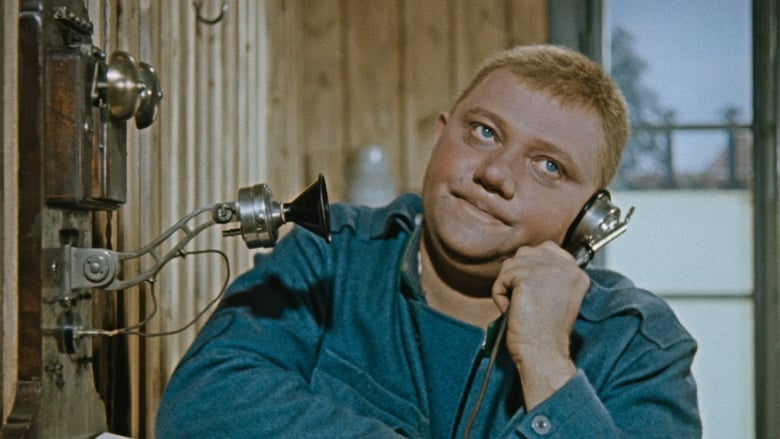O la matou tifaga ma faletusi vitio e faʻatoa mafai ona tafe pe download e tagata naʻo tagata
Faʻaauau ona matamata mo saoloto ➞E laʻititi ifo nai lo le 1 minute e saini ai i luga ona mafai ai lea ona e fiafia faʻatasi i ata tifaga & televise.

Poslušně hlásím (1958)
A comedy based on the novel of Jaroslav Hašek's The Good Soldier Svejk happens during the World War I. I Dutifully Report: In the introduction to the second part of the film adaptation of Hašek's novel The Good Soldier Švějk presents his main character Josef Švejk. With the distinctive traditional Czech cartoon character of a soldier Svejk, this time you meet on the way to the front and eventually right in the firing line. You can look at his famous train events, and also probably the most famous episode of the novel, Švejk's Budějovice anabasis. Don't miss the scene with the secretly bought cognac, the episode with Svejk as a fake Russian prisoner of war, including the court scene, and the scene in which lieutenant Dub is caught in a brothel. Despite the criticism, Steklý's adaptation is undoubtedly the most famous and memorable at present.
Faʻafiafia: Rudolf Hrušínský, Svatopluk Beneš, Miloš Nedbal, Jaroslav Marvan, Fanda Mrázek, Jaroslav Vojta
Auvaa: Karel Steklý (Director), František Daniel (Creative Producer), Karel Steklý (Screenplay), Lada Vacková (First Assistant Director), Magda Hájková (Assistant Editor), Jan Seidel (Original Music Composer)
Subtitle:
![]()
![]()
![]()
![]()
![]()
![]()
![]() ETC.
ETC.
Faʻamalolo: Jan 03, 1958
Lauiloa: 0.849
Gagana: Český, Deutsch
Potu potu: Filmové studio Barrandov
Atunuʻu: Czechoslovakia

